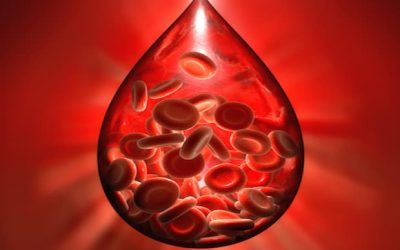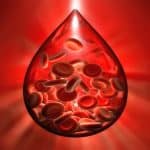A new analysis has found that human papillomavirus (HPV) vaccination of 12 and 13 year old girls has led to an 89% decline in cases of cervical cancer in Scotland.
The evidence, published in the British Medical Journal, was from a retrospective study looking at 138,692 women who were born between January 1, 1988 and June 5, 1996, and who had a smear test result recorded at age 20.
The researchers discovered that compared with unvaccinated women born in 1988, vaccinated women born in 1995 and 1996 showed an 89% reduction in prevalent cervical intraepithelial neoplasia grade three or worse – the most severe level of the disease. There was also an 88% reduction in grade two or worse and a 79% in the grade one strain of the disease.
The authors of the study also suggested that there was a “herd immunity” effect at play, as there was also a drop in the levels of disease among women who have not been vaccinated.
Julia Brotherton, the medical director of Australia’s National HPV Vaccination Program Register at VCS Foundation, commented in a linked editorial in the journal: “We must work towards a world in which all girls and their families are offered, and the majority accept, HPV vaccination, wherever they live.
“We must also actively develop, resource, and scale up more effective, feasible and culturally acceptable strategies for cervical screening, such as self-collection of specimens, if we are ever to effectively reduce the global burden of cervical cancer.”
The news comes at the same time as a study from Sweden has found that women who attended cervical cancer screening at recommended intervals have a fifth the risk of adenosquamous cell carcinoma and a third the risk of rare types of invasive cervical carcinoma as women who did not attend screening as recommended.
Cervical cancer is the fourth most common cancer in women and a major cause of morbidity and mortality worldwide.









